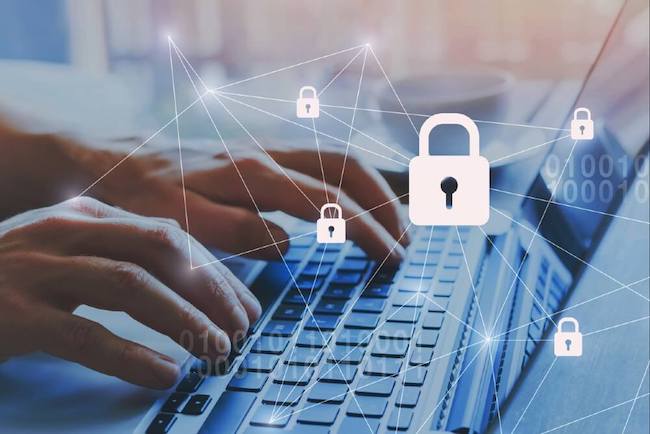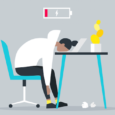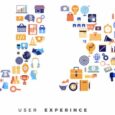Computers, which most people use daily, are fantastic pieces of technology. Viruses and malware, on the other hand, can destroy your files and steal private information such as bank account numbers and social security numbers from within. For an additional layer of defence against viruses, here are five methods you can use to secure your information.

1. Create Strong Passwords
The most effective technique to avoid computer breaches is to use strong passwords. Hackers have a more challenging time invading your system if your credentials are more secure.
Complicated and lengthier passwords are frequently associated with higher levels of security. Passwords of at least eight digits with a mixture of numbers, upper and lower case letters, plus computer symbols should be utilized. Hackers have a wide range of tools to crack simple passwords quickly.
Be careful not to use any words or phrases which can be linked to your personal information like birthdays or other personal details. Don’t use the same password on many sites. Come up with a password creation policy that applies the best password-making practices.
2. Install Anti-Spyware and Anti-Malware Software
A virus can cause as much harm to your computer as malware and spyware. As with anti-virus software, you should look for the same properties in an anti-malware and an anti-spyware tool. Scan your computer thoroughly with these tools, and they’ll keep their definitions of spyware and malware up to date and isolate any malicious code they find.
Most people would instead buy an antivirus program that scans for and removes spyware and malware. However, no single software program can detect and remove everything. Ensure the safety of your computer by implementing a multi-layered approach. A more targeted attack against threats is possible by software designed with a specific goal.
3. Use a Firewall
A firewall comes standard on both Mac and Windows systems. A firewall is a software that regulates network traffic, both inbound and outbound. It aids in separating your data from the external source, namely the internet. As a result, it safeguards your vital data.
Ensure your firewall is turned on before you login into an online platform. A hardware firewall can be purchased if your internet router has a built-in firewall that safeguards your computer security. If you run a large firm, you can buy an additional firewall for your network.
4. Make a Backup Schedule for Your System
Many harmful programs are capable of destroying the data on your computer. Create a backup schedule to ensure that your information is safe if your computer is damaged.
Consider using a cloud service or a portable electronic, hard drive for backup. You can backup your data online using a cloud service. You can use a personalized external hard drive to copy your updated data to your PC manually.
Don’t Miss-
The 5 Best Coding Languages to Learn as A Beginner
5 Tech Tools Every Blogger and Content Creator Needs
5. Two-Step Verification
Two-factor authentication, or 2FA, keeps unauthorized people from getting into your online accounts. It’s a way for online businesses to add security to their account on top of their security code and login, so hackers can’t get in even if they know those things.
Two-factor authentication can be used with three things: fingerprints, passwords, as well as PINs (smart cards). Ensure that 2FA is turned on for your online accounts and that you have complicated passwords. This helps make it harder for hackers to get into your information.
6. Install Antivirus Software
Antivirus software comes in various forms, from the most basic to the most complex. Antivirus software can be challenging to install, but it may be better to download many antivirus applications that cover a wide range of security issues.
If you don’t use your computers to connect to the internet, antivirus software may be deemed unneeded. There are some cases where viruses can be communicated between computers using USB devices. Therefore this is not always the case. As a general rule, it’s not necessary to spend a lot of money to keep your computer safe.
Data breaches are likely to continue to rise around the world. Every year, hackers come up with new ways to obtain unauthorized access to computers. Being proactive and aware of cybersecurity is the most remarkable approach to protecting oneself from unwanted cyberattacks. You can secure your data from unauthorized access by employing these methods. You may avoid becoming a hacking target by taking action.




